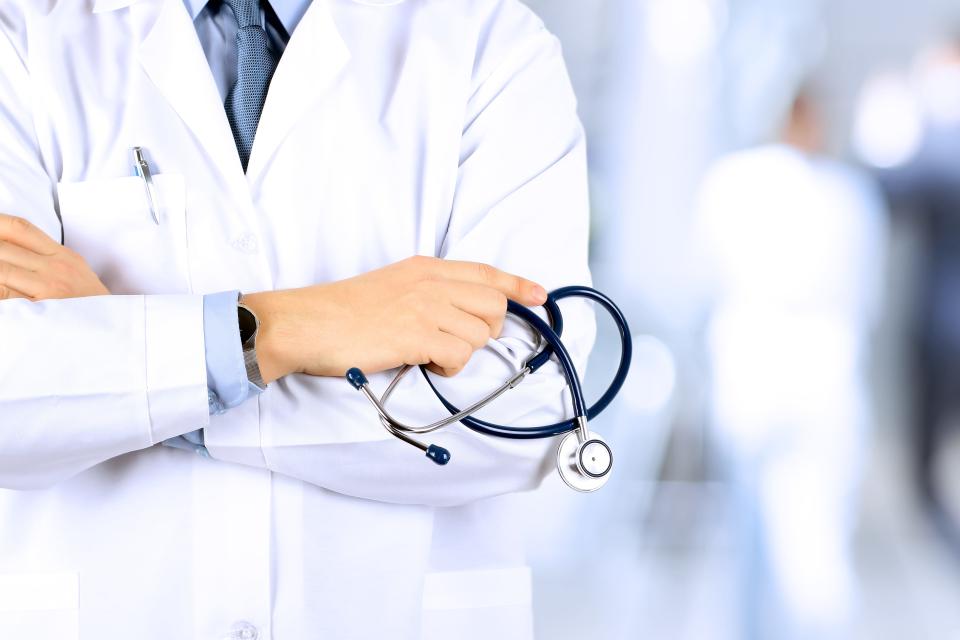Health Literacy Month: Stay informed and follow the science
As we enter the month of October and its focus on health literacy awareness we need to emphasize the role of science and research to help address the many-varied public health concerns we face.
The most recent example is the attempt by some to dissuade individuals from receiving the newest COVID booster. As a public health researcher and a research and training specialist for over 20 years with the State of Florida the focus should be on providing the population with the best science-based evidence and expert guidance.

Health Literacy Awareness Month
Every October, we celebrate Health Literacy Month to highlight the important role health literacy plays in improving health for people in the United States. So, what do we mean by health literacy and what does it entail?
The Healthy People 2030 document provides a summary of the literature on health literacy as follows:
• Personal health literacy is the degree to which individuals have the ability to find, understand, and use information and services to inform health-related decisions and actions for themselves and others.• Organizational health literacy is the degree to which organizations equitably enable individuals to find, understand, and use information and services to inform health-related decisions and actions for themselves and others.
Personal health literacy
The new definition — with its emphasis on the use of health information and its public health perspective — may also prompt new ways of studying and promoting personal health literacy. In addition, it encourages efforts to address the skills that help people move from understanding to action and from a focus on their own health to a focus on the health of their communities
Organizational health literacy
By adopting a definition for organizational health literacy, Healthy People acknowledges that personal health literacy is contextual and that producers of health information and services have an [important] role in improving health literacy. The definition also emphasizes organizations’ responsibility to equitably address health literacy, in line with Healthy People 2030’s overarching goals.
In addition, including a definition for organizational health literacy in Healthy People aligns with the Health & Human Service’s National Action Plan to Improve Health Literacy.
The Action Plan is based on 2 core principles:
• All people have the right to [evidence based] health information that helps them make informed decisions• Health services should be delivered in ways that are easy to understand and that improve health, longevity, and quality of life
7 Goals in Action Plan
The Action Plan contains 7 goals that will improve health literacy and strategies for achieving them:
Develop and disseminate health and safety information that is accurate, accessible, and actionable
Promote changes in the health care system that improve health information, communication, informed decision-making, and access to health services
Incorporate accurate, standards-based, and developmentally appropriate health and science information and curricula in child care and education through the university level
Support and expand local efforts to provide adult education, English language instruction, and culturally and linguistically appropriate health information services in the community
Build partnerships, develop guidance, and change policies
Increase basic research and the development, implementation, and evaluation of practices and interventions to improve health literacy
Increase the dissemination and use of evidence-based health literacy practices and interventions
Goal 7 is particularly relevant with the ongoing issue of COVID-19 and the appropriate mechanism(s) to address the problem. Utilizing an evidence-based approach focusing on science to address a virus that has negatively impacted so many individuals and families across this country fits completely with this goal.
Final note
Let’s all try to focus on a belief in evidence based on science and “best practices” in relation to our health care decisions. Ask yourself from what source does the information come from? Our best approach for a healthier society and a better quality of life is to be more health literate and trust in those who are public health experts. Certainly ask questions but be informed so as to make the best decisions based on the science.
Additional information
The basic concepts of what health literacy entails with additional resources is available through the Centers for Disease Control and Prevention at cdc.gov.
The Healthy People 2030 report notes important overarching goals, “Eliminate health disparities, achieve health equity and attain health literacy to improve the health and well-being of al. Access the report at health.gov/healthypeople
A primary goal of The National Action Plan to Improve Health Literacy is to develop and disseminate health and safety information that is accurate, accessible and actionable. Check out the report at health.gov.

Mark A. Mahoney, Ph.D. has been a Registered Dietitian/Nutritionist for over 35 years and completed graduate studies in Nutrition & Public Health at Columbia University. He can be reached at marqos69@hotmail.com.
This article originally appeared on Tallahassee Democrat: Health Literacy Month advocates for understanding the science

